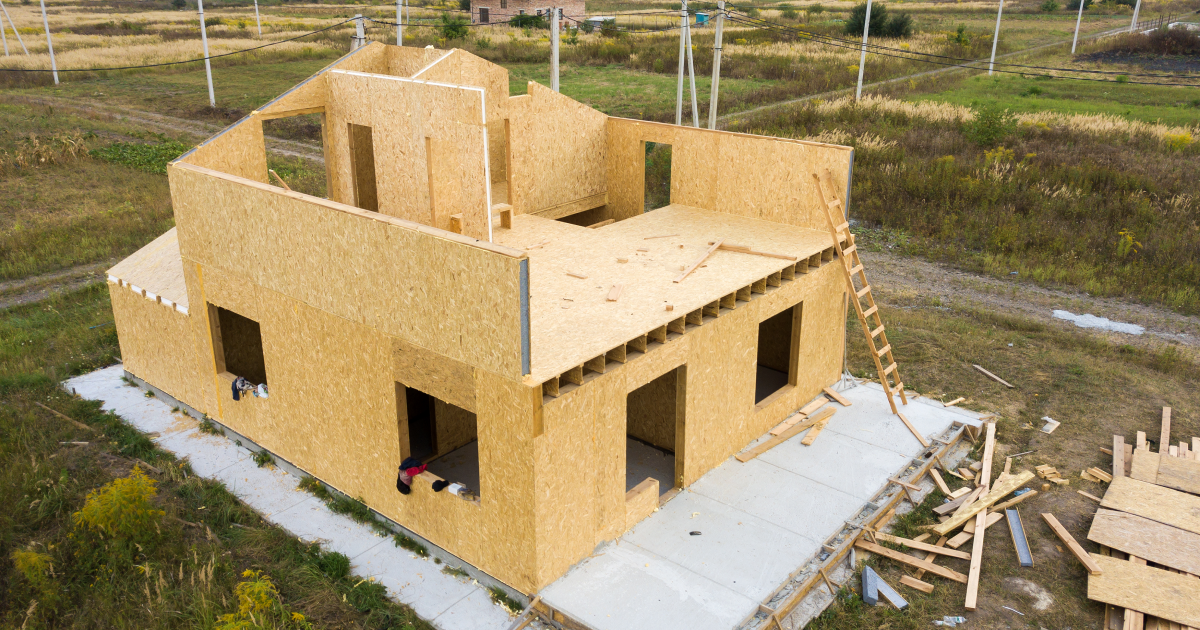In recent years, modular construction has become a popular way to reduce building costs while maintaining high quality. Instead of building everything on-site, modular construction involves creating pre-fabricated sections, or modules, in a factory setting. These modules are then transported to the site and assembled quickly to form a complete structure. By using modular methods, builders can save time, reduce waste, and lower overall costs. Lowering costs with modular construction. Talk to experts. Work with experts through construction management services.
In this article, we’ll explore how modular construction helps reduce costs and why it’s a game-changer for the industry.
Faster Construction Reduces Labor Costs
Modular construction speeds up the building process significantly. In traditional construction, many tasks must happen sequentially. However, with modular construction, modules are built in a factory while site work is done at the same time. This overlap cuts the project timeline by as much as 30% to 50%.
Because construction is faster, fewer labor hours are required. Reducing the number of hours lowers overall labor costs. Fewer workers are needed on-site, which saves money and reduces the likelihood of delays caused by weather. In turn, the entire process becomes more predictable, allowing builders to complete more projects in less time.
Less Material Waste
Traditional construction often leads to large amounts of wasted materials. On-site construction requires workers to measure and cut materials, which leaves excess that can’t always be reused. This adds to material costs and disposal fees.
Modular construction takes place in a controlled factory environment, where materials are measured and cut with precision. This results in less waste, which reduces overall material costs. The off-site factory environment allows for leftover materials to be reused in other projects, further minimizing waste. By using materials more efficiently, modular construction lowers expenses and reduces the environmental impact.
Lower Financing Costs
In construction, time equals money, especially when it comes to financing. Construction loans and other financing costs increase as the project timeline extends. Delays and long timelines often lead to higher interest payments, which drive up costs.
Modular construction shortens the timeline, reducing the duration of the loan and associated interest. This faster construction also allows builders to begin selling or leasing the property sooner, generating revenue faster. Developers can complete projects more quickly, lowering financing costs and improving their return on investment.
Labor Efficiency
The construction industry often struggles with labor shortages and rising wages. Modular construction addresses this issue by centralizing much of the labor in a factory setting. Factory workers become more efficient because they perform repetitive tasks in a controlled environment.
By reducing the need for highly specialized on-site labor, modular construction keeps costs lower. Workers in factories can focus on specific tasks, leading to higher productivity. On-site teams only need to assemble the pre-built modules, which is quicker and requires fewer workers.
Efficient Use of Resources
Sustainability plays an increasingly important role in modern construction. Modular construction promotes energy efficiency in both the building process and the final structure. Factory-controlled environments allow for better energy management, using less power to construct the modules.
Additionally, modular buildings tend to be more energy-efficient once completed. The precise construction techniques create tighter seals, better insulation, and fewer air leaks. This leads to lower heating and cooling costs for the building’s occupants. These long-term energy savings make modular construction a cost-effective option for developers and homeowners.
Streamlined Design and Customization
Modular construction offers cost-saving opportunities through standardized designs that can be customized. Many modular construction companies offer pre-designed modules that fit together like building blocks. These standard designs reduce the cost of engineering and drafting.
However, customization is still possible. Builders can choose from various finishes, layouts, and features to suit specific needs. This balance of standardization and customization allows developers to keep costs down while still offering a tailored solution for their clients. The flexibility of modular construction helps meet a variety of design preferences without incurring high expenses.
Reduced On-Site Disruption
On-site construction can cause significant disruptions in busy areas, leading to noise, congestion, and safety concerns. Traditional projects may face extra costs for managing these disruptions, including security, cleanup, and traffic management.
Modular construction limits these on-site disruptions. Since much of the construction happens off-site, the time spent assembling the modules on location is significantly reduced. This approach decreases the noise and traffic congestion that typically accompany construction projects. By reducing the time spent on-site, modular construction lowers costs associated with disruptions and site management.
Scalability for Large Projects
Modular construction is especially cost-effective for large-scale projects. Factories can produce multiple modules simultaneously, reducing the time and cost of construction. Large projects benefit from bulk material purchases, which often come at a discounted rate.
For developers building hotels, apartment complexes, or office spaces, modular construction provides scalability. You can quickly replicate the design and build multiple units in less time than traditional methods. This scalability is perfect for projects that need to be completed quickly and on budget.
Meeting Tight Deadlines
When projects need to be completed on a tight timeline, modular construction provides a reliable solution. The speed of the building process ensures that deadlines are met, which is crucial for commercial and residential projects. The faster you finish, the quicker you can open the doors to customers or tenants.
Meeting tight deadlines also helps avoid potential penalties or lost income. For developers, being able to complete a project on schedule is essential for generating revenue sooner. Modular construction ensures that builders stay on track, no matter how strict the timeline.
Conclusion
Modular construction offers a cost-effective solution that saves time, reduces waste, and lowers labor costs. By using pre-fabricated modules, builders can complete projects faster, with greater precision, and at a lower overall cost. Modular construction streamlines the entire building process, from design to assembly, making it an attractive option for developers and homeowners alike.
Whether you’re tackling a small residential build or a large commercial project, modular construction provides a flexible, efficient, and affordable way to meet your goals. With its potential to lower costs across the board, modular construction is quickly becoming a preferred method for modern construction projects. Lowering costs with modular construction. Talk to experts. Work with experts through construction management services.


